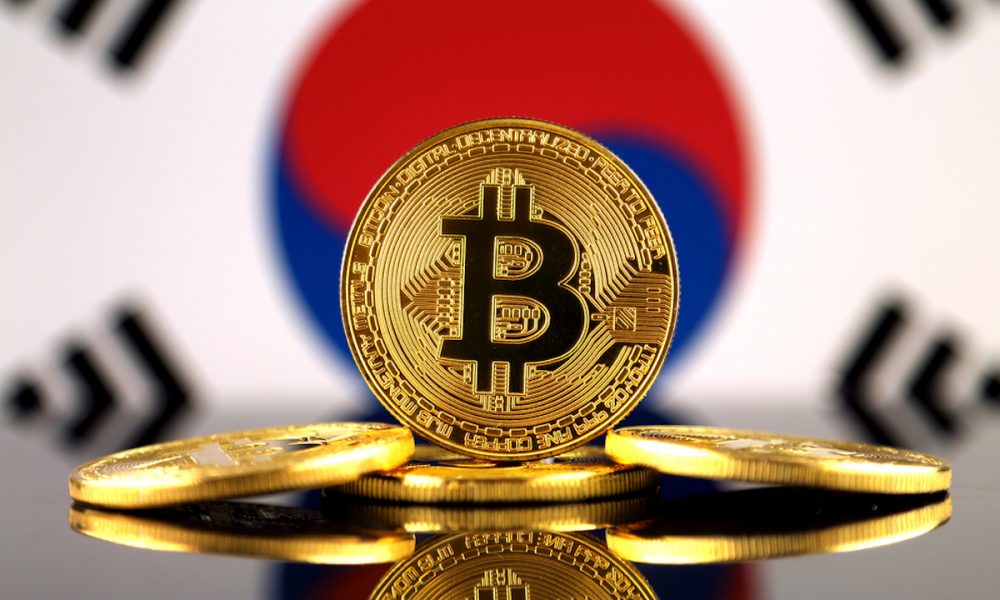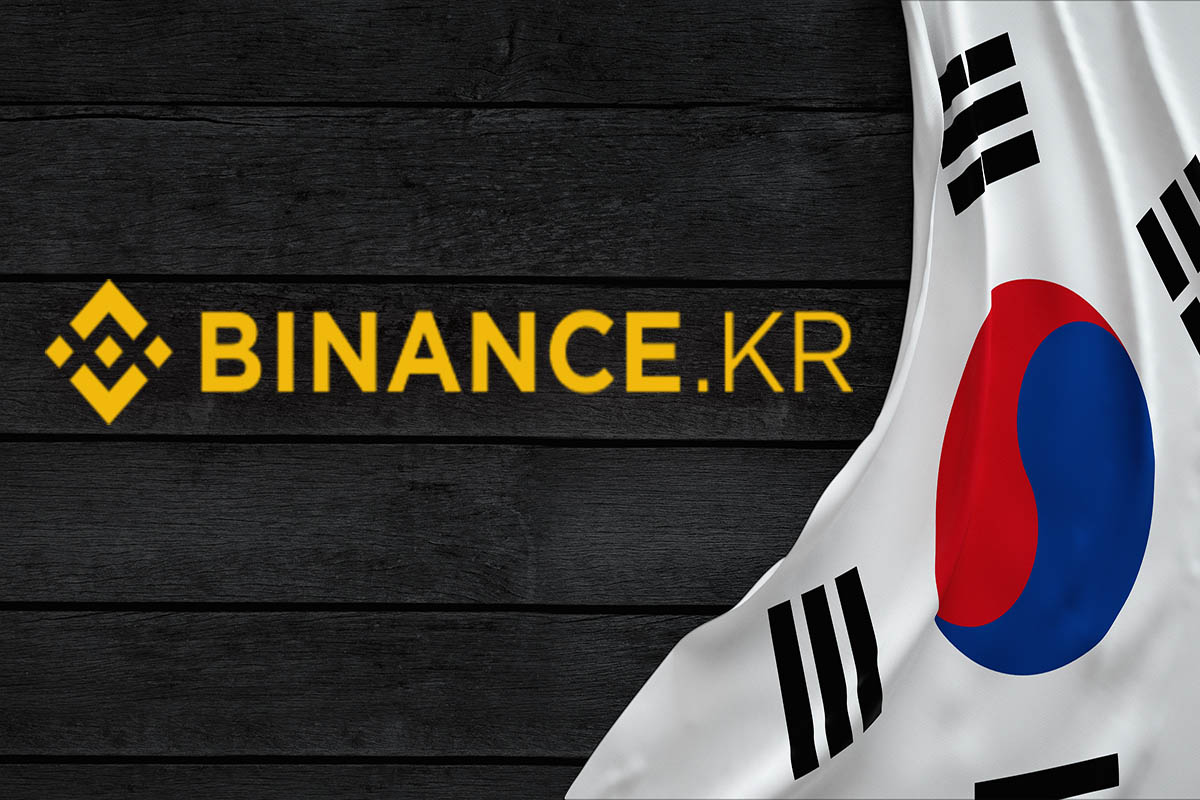BXB Capital: Made fortune from kimchi premium, once co-founded Korean market with Binance
BXB Capital made a fortune from kimchi premium and co-founded the Korean market with Binance.Singapore-based cryptocurrency hedge fund BXB Capital (also known as Block by Block Capital) is set to launch a bitcoin-focused trading fund in July, co-founded by former co-founders of Binance Korea, JJ Petersen and Alex Friedberg. The fund plans to raise 1,000 bitcoins (nearly $27 million) and has already raised about 400 bitcoins (about $10 million).
As reported, the fund only raises funds in bitcoin and will only trade in bitcoin and provide bitcoin returns. According to Markets Live Pulse, a survey conducted by Bloomberg last week, bitcoin is seen as a more popular safe haven than the US dollar. Earlier this month, Tether, the world’s largest stablecoin issuer, said it plans to invest up to 15% of its profits in bitcoin on a regular basis as it shifts its reserves to cryptocurrencies and away from US government debt.
BXB Capital previously gained attention for its kimchi premium and the first Korean won-backed stablecoin, and was a partner when Binance attempted to enter the Korean market.
Get Rich by Kimchi Premium
BXB Capital was founded by Alexander Petersen and Alexander Friedberg in 2017. JJ Petersen has been active in trading and investment and became Arizona’s youngest licensed investment adviser in 2007. After entering the cryptocurrency field in early 2017, his background in PC hardware made him a partner in bitcoin mining business.
- Multiple macroeconomic negative factors have hit the market, causing Bitcoin to drop below 26,000 US dollars in the short term.
- Macro negative factors continue to ferment, and Bitcoin may weaken in the short term and test $26,000.
- New Order: Money Meme – When Game Theory Meets Memes
Alexander Friedberg likes technology and emerging software. During his undergraduate years, he co-founded two network start-ups with others, and then worked at Amazon.com, Korean e-commerce company CouBlockingng, and Southeast Asian ride-hailing platform Grab. In early 2017, he was attracted by the outbreak of blockchain technology and the resulting paradigm shift in product development. Since founding BXB, he has been active in Singapore, Korea, and Southeast Asia.

In the early days of BXB Capital, there was a high level of investment enthusiasm for cryptocurrencies in South Korea. Korean investors have a more obvious herd effect, coupled with strict foreign exchange controls in Korea, resulting in its trading market being relatively isolated. The Korean market often has a large price difference from other markets, and is called “kimchi premium” when it is positively priced, and “reverse premium” when it is negatively priced.
Using the “kimchi premium” phenomenon, BXB started conducting Bitcoin arbitrage trading, buying Bitcoin in the US and selling it in Korea. The two founders shared information about the kimchi premium in a media interview, stating that they were able to earn over one million dollars per day in 2017 using this strategy.
South Korean Stablecoin KRWb, Acquired by Binance
In early 2019, BXB Capital launched an ERC20-based stablecoin called KRWb in South Korea, which was localized and anchored the Korean won at a 1:1 ratio, supported by USDT and TUSD. During the initial launch of KRWb, BXB announced a deposit of 400 million won as initial capital and used it as collateral to mint an equal amount of KRWb. The team believed that KRWb could not only be used as a stable value storage for the Korean won, but also participate in the global cryptocurrency economy based on the valuation of the won, making it a cost-effective forex hedging product. Over time, the price difference between cryptocurrencies in Korea and the global market would decrease, according to the team’s thinking.
However, KRWb’s lifespan was only 18 months from team formation to project closure.
In January 2020, BXB Inc. was acquired by Binance, and Binance Korea was established in collaboration with BXB Inc. The two parties jointly launched a Binance-branded Korean won stablecoin, BKRW. As the businesses of BKRW and KRWb did not overlap, it was difficult for BXB to maintain the operation and finance of both businesses, roadmaps, and activities independently. Therefore, BXB had to abandon the KRWb project. Binance Korea’s business in Korea did not go smoothly either, and its token, BKRW, had a low usage rate and low trading volume. The exchange eventually closed due to liquidity problems and low trading volume, less than a year after it started operating.

It is worth mentioning that Binance did not give up on the South Korean market. In February of this year, Binance announced the acquisition of a majority stake in the struggling South Korean cryptocurrency exchange GoBlockingx. The acquisition was funded by a $1 billion joint investment project called the Industry Revival Plan, led by Binance, but the terms of the deal were not disclosed.
We will continue to update Blocking; if you have any questions or suggestions, please contact us!
Was this article helpful?
93 out of 132 found this helpful
Related articles
- Web3 Marketing Handbook: How to Disruptive Products to Mainstream Market
- DeFi Narrative Losing Popularity: How Can Outdated Blue Chips Regain Market Attention?
- Story behind the sudden rise of PulseChain, which excavated 500 million TVL in a week
- Hong Kong to open cryptocurrency trading to retail investors, bitcoin rebound may be weak or unsustainable
- Introducing BTC Warp: A Proof of Concept solution for Bitcoin Light Node Synchronization Issue
- Risks and Opportunities in the Bitcoin Ecosystem (Part 1)
- Binance Research’s lengthy article: Bitcoin BRC-20 principles, current status, and future





